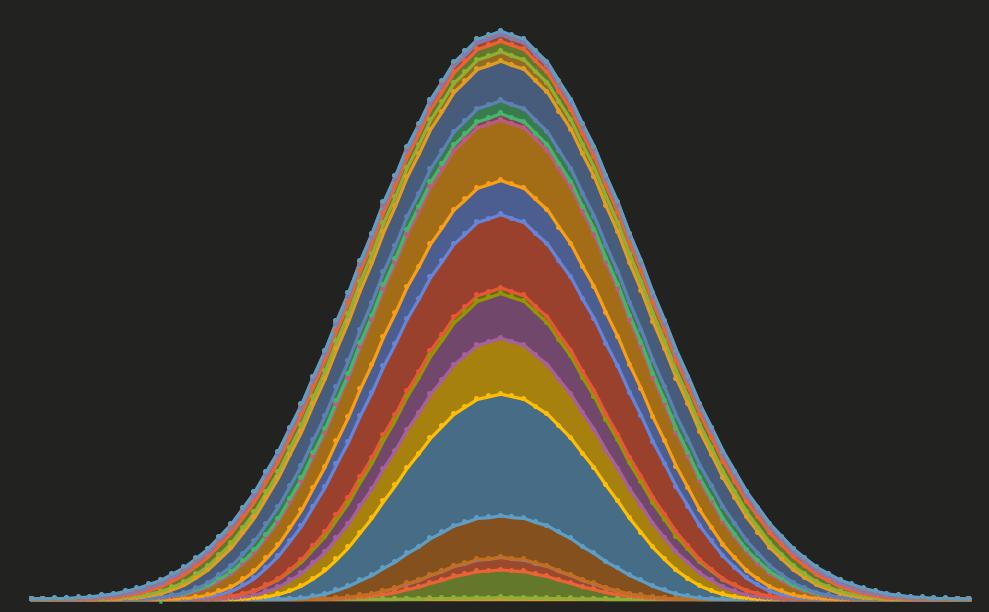In 2013, Pak and Panova proved the strict unimodality property of q-binomial coefficients QBinomial[l+m,m] (as polynomials in q) based on the combinatorics of Young tableaux and the semigroup property of Kronecker coefficients. They showed it to be true for all l,m ≥ 8 and a few other cases. We propose a different approach to this problem based on computer algebra, where we establish a closed form for the coefficients of these polynomials and then use cylindrical algebraic decomposition to identify exactly the range of coefficients where strict unimodality holds. This strategy allows us to tackle generalizations of the problem, e.g., to show unimodality with larger gaps or unimodality of related sequences. In particular, we present proofs of two additional cases of a conjecture by Stanley and Zanello.
-
Christoph Koutschan, Austrian Academy of Sciences, RICAM
-
Ali Kemal Uncu, RICAM, Austria and University of Bath, UK
-
Elaine Wong, Oak Ridge National Laboratory, USA
- Published: ISSAC 2023 Proceedings.
- Preprint: arXiv:2302.04067.
- Cite us using this bib.
- Mathematica Notebook (1.3 MB): unimodality.nb.
- PDF Version (436 KB): unimodality.pdf.
- 2023.02.28 (Ali Uncu, Online)
- Number Theory Seminar at the University of Florida, USA
- 2023.02.23 (Ali Uncu, Online)
- Specialty Seminar in Partition Theory at Michigan Technological University, USA
- 2022.07.08 (Elaine Wong, In Person)
- Algorithmic and Enumerative Combinatorics Conference at Vienna University of Technology, Austria
